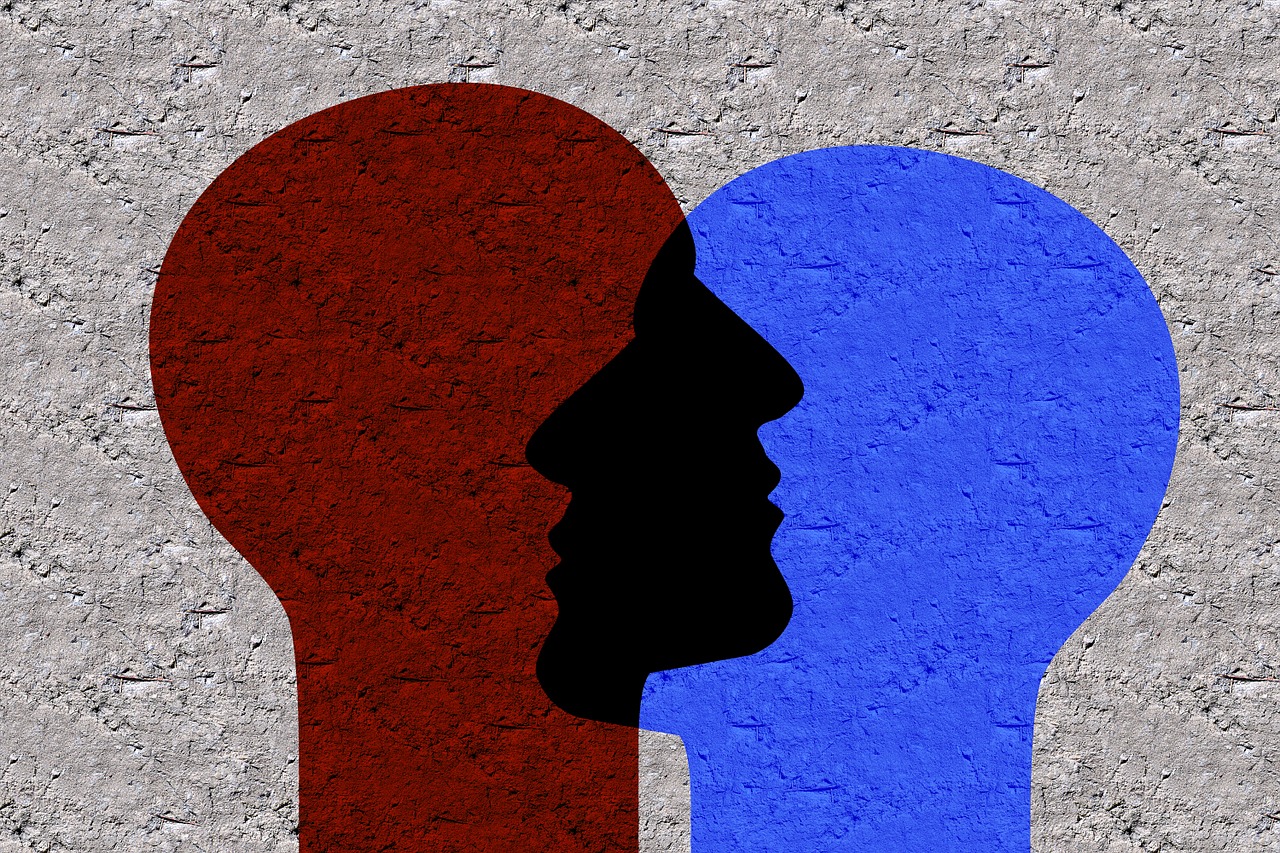Let’s face it: life at college can be extremely stressful, even for someone who has no preexisting problems with their mental health. When you’re a freshman, you must navigate a whole new campus, your classes are more difficult and you’re most likely living with unfamiliar people. As time goes on, you get used to the stress and hopefully can handle yourself well by the third week.
But what happens when you can’t? Who can you turn to if you’re having a hard time making friends or you seriously can’t keep up with all your classes? What if you’re a junior, and a new problem arises in your family life that makes college harder than before? You could try to power through your struggles alone, but taking advantage of free therapy in college will help you in the long run more than you can imagine.
Most college campuses offer free therapy services with tuition. That means you can go to your campus’s health center and set up an appointment with a therapist for no extra charge. Going to your health center for therapy can be slightly intimidating if you’ve never had a therapist before, but talking about what you’re going through will help you in your daily life big-time.
These therapists are professionals, and they’re trained to respond to whatever your needs might be. Whether you’re just having some issues with your roommate and it’s slowly taking a toll on your mental health, or you’re going through a tragic event back home, seeing a therapist allows you to work through these situations in a healthy way. Instead of bottling up your emotions and frustrations, you’ll be letting them out to someone trained to handle them.
If you are a little intimidated to walk into your health center alone and make an appointment, bring a friend with you. Make sure it’s someone who won’t judge or question your desire to see a therapist, because you don’t need anyone second-guessing you or your emotional needs. If you can’t think of anyone to go with you to make an appointment, just pick a time between classes when you’re free and go alone. Trust me, no one will judge you, and it will be well worth it when you meet your therapist.
Keep in mind, there might be some trial and error involved in finding the right therapist. You should check the profiles of all of the therapists that are most likely on your university’s website and try to gauge who might be the best fit for you. Do you mind having a therapist of the opposite sex? Does their age matter? Consider these factors before blindly picking a therapist, because you want someone with whom you feel comfortable.
Hopefully your college lets you pick and doesn’t just hand you someone, but if they do, give that therapist a try. If it’s not the right fit, see if you can switch therapists. Don’t worry about offending anyone; therapists understand everyone has different preferences that fit respective needs, and that’s okay.
You’ll probably end up meeting with your therapist once every week or two weeks. Be sure to set up a time that works the same for each week, so scheduling is more consistent for yourself. Maybe you have an hour between classes one day, or you finish classes early on Tuesdays, but therapy works better when you’re attending regularly, and you’ll be less stressed if you don’t have to worry about constantly changing your appointment times each week.
You might feel slightly out of place seeing a therapist in college, but there’s no reason to. Way more people are in therapy at college than you think, and it’s a completely normal course of action. No matter what you’re going through, therapy will help you deal better with anything that comes up during college life.
You’ll be able to more easily keep up with classes, you can work through issues in your social and family life — not to mention, any preexisting mental health problems are much easier to handle when you’re seeing a therapist. Overall, there are barely any downsides to therapy in college.
Perhaps getting started is scary, but after your first session I guarantee you’ll start to feel better about going to get help. Everyone can benefit from therapy, especially those in a stressful college environment where you could use professional help to sort out tough situations.
Even if you’ve never had therapy in your entire life and don’t think you need it, I advise you take advantage of your college’s resources, because you may find that therapy helps more than you’d think. Oftentimes we believe we can handle any problems on our own and we conclude that’s how it should be, but giving therapy a try will prove you could use the advice.
You’re not alone in seeing a therapist, either. Between 2009-2015, there’s been a 30 percent increase in college students seeking counseling on campus. You have nothing to lose by seeing a therapist, so set up an appointment and see how it goes; you might be pleasantly surprised.
A therapist is not there simply to tell you what to do, nor are they being paid to care about you. These are common misconceptions. A therapist is paid to help you take care of yourself, listen to you and take the necessary steps helping you so you can handle everyday life better than before. You don’t need to see a therapist forever, but taking some time out of your busy college schedule to try seeing one will be well worth it.
















